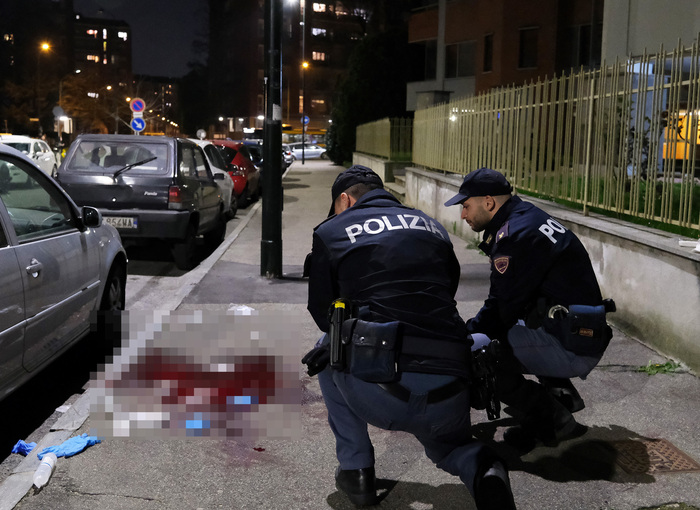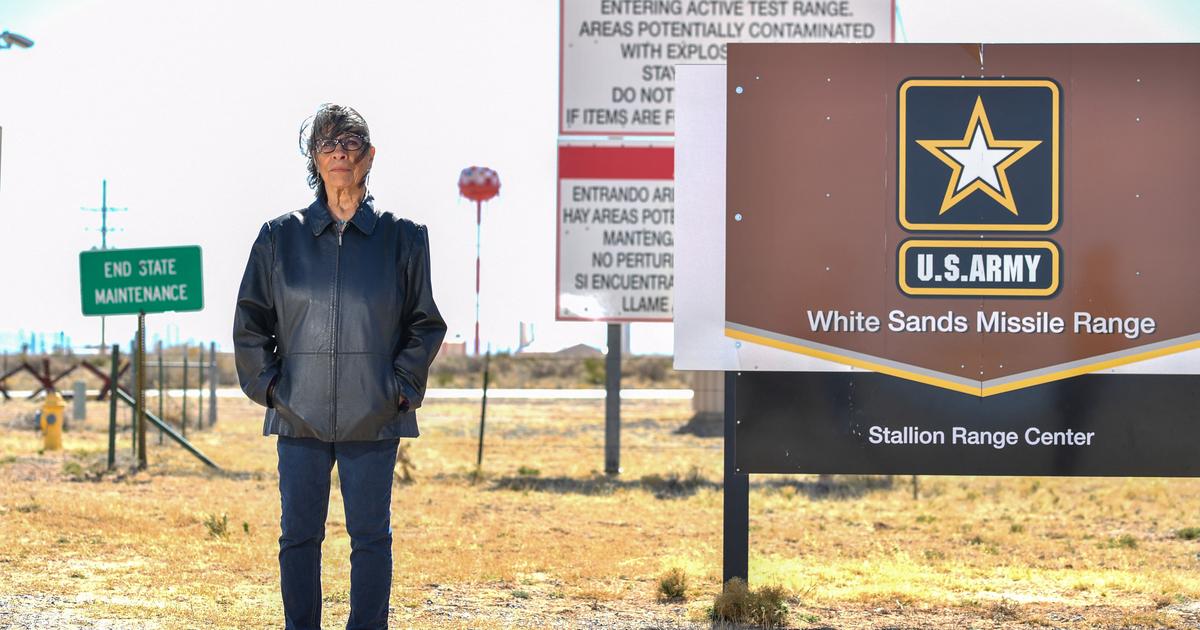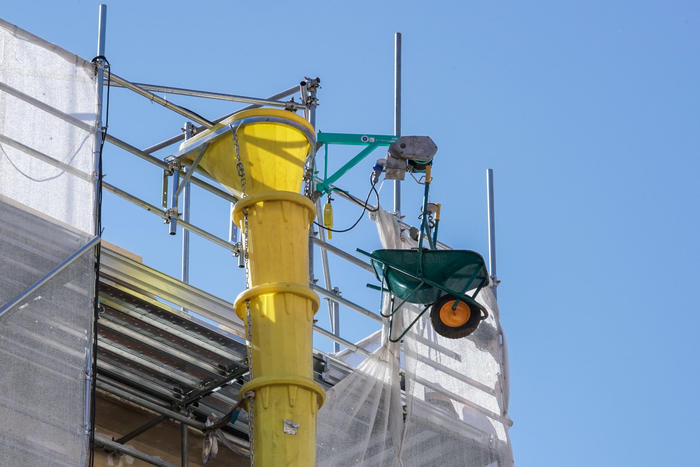Postcards and envelopes of letters from Italian soldiers on the Guadalajara front (1937).
From the 'Spanish White Book: The Italian invasion of Spain'.
Dario Grixoni arrived in Cádiz on February 1, 1937, his unit was part of the Littorio Division.
He was 26 years old, he was the only child of a wealthy family that came from Sardinia.
His grandfather, who became a general and who made a career in the army in the service of the Savoys, had participated in the first Italian war of independence between 1848 and 1849, and became a judge, deputy and senator;
His father was also a soldier, got a decoration in the Great War, was promoted to general when he went to the reserve.
Dario Grixoni had graduated in Political Science in Florence, then entered the Armed Forces, becoming an artillery lieutenant after finishing his studies in Turin in June 1936.
What had he lost in Spain?
Any.
He was, rather, excited about a grand plan.
A fervent fascist, he collaborated intensely in the mobilizations that strengthened Mussolini's project and hoped that the participation of the Duce's forces in the crushing of the Republic would give the new Italy greater luster on the international scene.
He had to intervene in the battle of Guadalajara in March 1937, from where he told his parents in a letter that he spent a few days getting used to "the beauty of war."
A colleague of his with whom he played jokes in Turin died very close to him, about 100 meters away.
"Well", he wrote, "life is so beautiful: joking in Turin and killing in Spain", and immediately recounted that he had directed "a magnificent shot at a red group that was moving": "I have tasted the intoxication of the slaughter …,
“There are no prisoners.
Here they slaughter and are slaughtered.
War without quarter, horrendous and terrifying war”
About 20 years ago, the historian Javier Muñoz Soro found in the State Archive of Cagliari the letters that Dario Grixoni sent to his parents from the different parts of Spain where he ended up as one more officer of the Corps of Volunteer Troops (CTV). that Mussolini sent to collaborate with the Francoist forces.
It is always difficult to get an idea of what a war means, fighting on the front lines and risking your skin, and coming across the correspondence of an officer —"macho, putero, chop", Javier Rodrigo calls him in the prologue— who gives an account of of what happens day by day in those circumstances ended up embarking on a project that has now materialized in
Dying away from home
, where he explores what happened to the Italian soldiers during their stay in Spain, and in which he has also worked with the abundant letters that have been preserved from the information and censorship services of the troops that battled against the Republic.
“This war is the worst of all wars,” the aviator Vittorino Ceccherelli wrote to his family in early September 1936. “There are no prisoners.
Here they massacre and are massacred with impressive simplicity.
War without quarter, horrendous and terrifying war;
the dead reach enormous numbers.”
Muñoz Soro explains in the book's introduction that, "according to Paul Fussell, historians make a serious mistake if they rely on letters to obtain effective testimony of the war."
I'm sure he's right, but what they contain is that truth (many times camouflaged in bravado and white lies and gratuitous exaggerations) of those who were there and who were overwhelmed by loneliness and fear, anguish and lack of answers, and who sought different forms of comfort.
What the soldiers have is the deep need to “write to each other”, explains Muñoz Soro, to reaffirm an identity that is falling apart in exceptional circumstances.
Throughout the Civil War, 76,241 Italians fought, in addition to the 5,669 who were part of the air force.
3,414 died, plus the 150 wounded who died on their return to Italy and 232 missing
Wars are full of people who move from place.
A lot of Italians attended the fronts that were fought in Spain from 1936 to 1939.
Some, who had fled their country with the triumph of the Duce, joined the International Brigades: there were about 4,000, "the third or fourth group by nationality" —says Muñoz Soro—, and 546 died. The magnitude of those who moved to collaborate with Franco is of another order.
It was a true autonomous army with its own organization and command.
In February 1937 they took the name of the Volunteer Troop Corps (CTV) and throughout the war 76,241 men served in their ranks, in addition to the 5,669 who were part of the air force.
3,414 died, plus the 150 wounded who died on their return to Italy and 232 missing: a total of 3,796.
Those figures, which are largely unreal, gain true consistency when, thanks to the letters, some of those soldiers are heard talking and beating and feeling and thinking and being afraid.
It is true that they surely distort what they are experiencing, that they dress it up as an epic;
it is indisputable that there is no way to know what a combat experience is.
But Muñoz Soro allows them to be listened to through an elaborate reconstruction of the vicissitudes they went through during those terrible months.
The historian wonders how "a military intervention in Spain could be justified, without an immediate threat, without territorial gains, without colonial prestige, without promises of work or material compensation and, on the other hand, in contravention of an international agreement signed by Italy".
It is not easy to find an answer and that is why the words that a corporal wrote to his family from Aranda de Duero may be useful: "I have always lived in a fascist environment, I want to defeat that enemy who for many years has been disturbing the European peace”.
The totalitarian projects of the Duce injected a group of enthusiasts who believed that they could also "raise over the beautiful land of Spain the ensign of the Littorio of Victorious Italy."
Not everyone believed it, evidently;
most were brought to Spain as volunteers by force.
The totalitarian projects of the Duce injected a group of enthusiasts who believed that they could also "raise over the beautiful land of Spain the ensign of the Littorio of Victorious Italy."
Not everyone believed it, evidently;
most were brought to Spain as volunteers by force.
The totalitarian projects of the Duce injected a group of enthusiasts who believed that they could also "raise over the beautiful land of Spain the ensign of the Littorio of Victorious Italy."
Not everyone believed it, evidently;
most were brought to Spain as volunteers by force.
Find it in your bookstore
You can follow BABELIA on
and
, or sign up here to receive
our weekly newsletter
.
Subscribe to continue reading
Read without limits
Keep reading
I'm already a subscriber

/cloudfront-eu-central-1.images.arcpublishing.com/prisa/EMV6GCH7LVCI7CQLCDWYV4XBFQ.jpg)










/cloudfront-eu-central-1.images.arcpublishing.com/prisa/KMEYMJKESBAZBE4MRBAM4TGHIQ.jpg)


